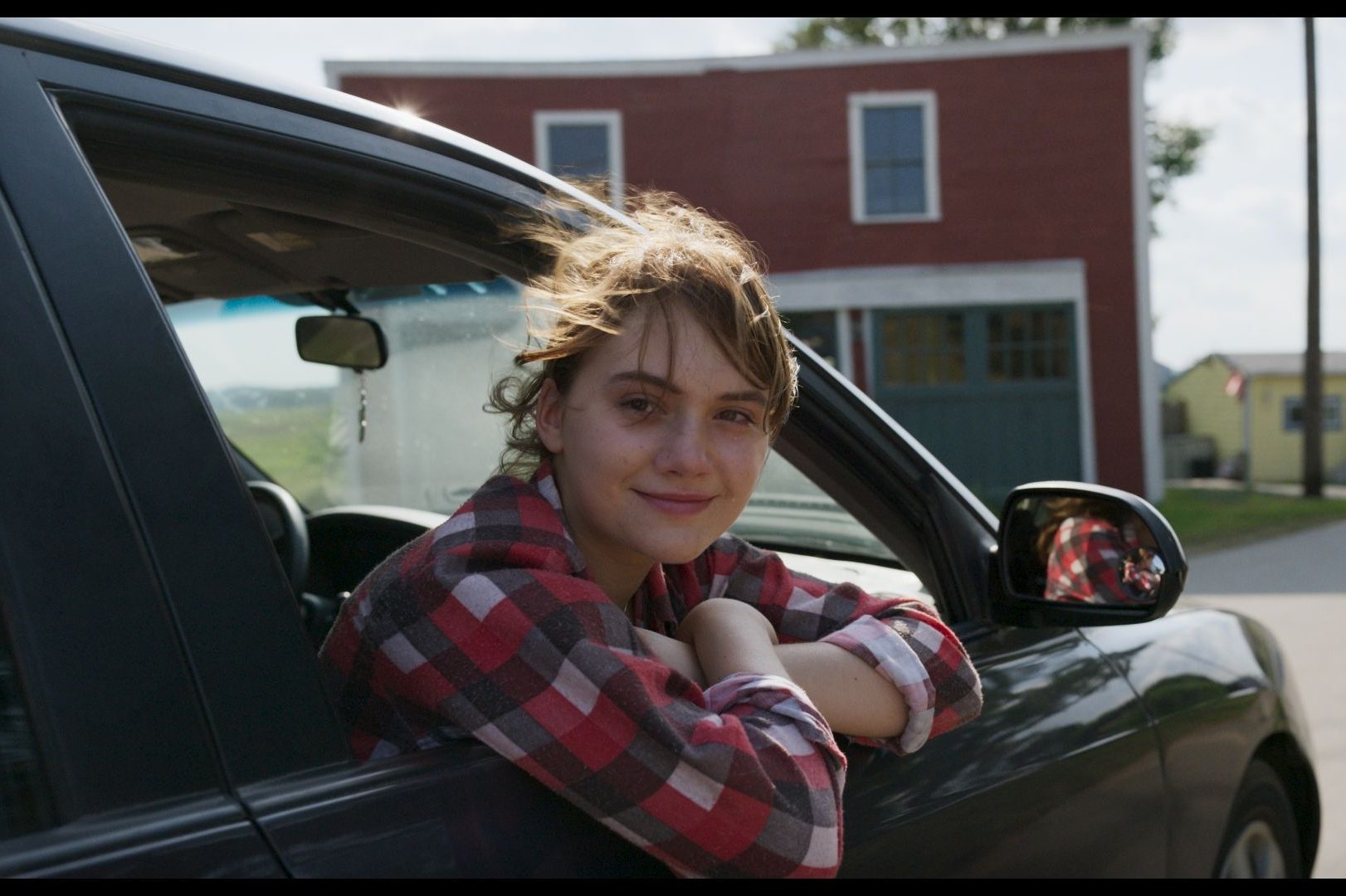“CODA” is the type of movie we’ve been waiting to see for years: a fully authentic film featuring disability representation. The disabled community is the largest minority group in the world; Nevertheless, it’s also the minority group that’s most ignored.
Throughout the years, we have seen numerous attempts at authentic disability representation in the media. For example: “Atypical.” The fantastic Netflix original series is about a teenager on the autism spectrum navigating high school. However, one thing that didn’t sit right with many audience members was the fact that the actor playing the character with autism is neurotypical. Moreover, the entire show is centered around the fact that the character is autistic — his disability is his entire personality.
Society does not see humanity before disability. It only sees disability.
People with disabilities are proud to be disabled. It is a big part of our identity. But it’s not all of who we are. We are people. We do everyday things. We make it work, and not everything we do is solely tied to our disabilities. We need to see that portrayed in the media. Now.
One thing “Atypical” did do correctly was listen to the outrage surrounding casting. For the remainder of the series, the show made a point to cast genuinely autistic actors as supporting characters — not great, but better than nothing.
Another example of an inauthentic representation of the disabled community is in the Netflix original “Ginny and Georgia.” In one episode, Ginny and Georgia meet a family with a deaf father. However, the sign language they use throughout the episode isn’t accurate. The producers could have easily hired a better sign language interpreter, or done another take, but instead chose to ignore the error completely.
Next is the Netflix original series, “Special.” The series details the life of an adult with cerebral palsy who moves out of his mom’s place and starts a life for himself. He gets his own place, a new job, all while learning how to navigate the world of dating and friendship.
A little background about cerebral palsy: It’s actually the most common motor disability. In general, it affects movement and balance. There are four types of spastic cerebral palsy, and each one affects a different limb on your body. Cerebral palsy is a spectrum with differing degrees of severity. The lead actor of “Special,” Ryan O’Connell, has cerebral palsy in real life; his involvement in the show provides unprecedented visibility to working actors with disabilities. Nevertheless, much of the plot line is not applicable to real people living with disabilities, as much of it disproportionately centers his experience with cerebral palsy.
There is a huge stigma in regard to people with physical limitations. Just because we have physical limitations doesn’t mean we can’t have fun, fulfilling lives. We can accomplish anything and everything we set our minds to. People with disabilities are smart. We know that we live in an ableist world, and if we just sit here and do nothing, nothing’s going to change. Our goal is to educate those who are willing to listen and understand. The more we do that, the more accepting everyone will be. We are gifted in ways society doesn’t value nearly enough.
“CODA” proves this point time and time again. CODA stands for child of deaf adults. The film itself is about a daughter, Ruby, whose brother and parents are fully deaf. The family has relied on her as an interpreter for her whole life. She’s a senior in high school, and must decide if she wants to stay with her family or go to school to pursue her dreams of music.
Throughout “CODA,” we see the family adapt to the fact that their daughter wants to go away and (spoiler) when she actually does, they do just fine. It’s a story as funny as it is beautiful, and will make you shed more than a few tears.
It won the award for best picture and best supporting actor at the Oscars this past year, which was huge win for the disabled community. Let’s hope this is the start of authentic disability representation and not a one-and-done situation. Thank you “CODA!”
















